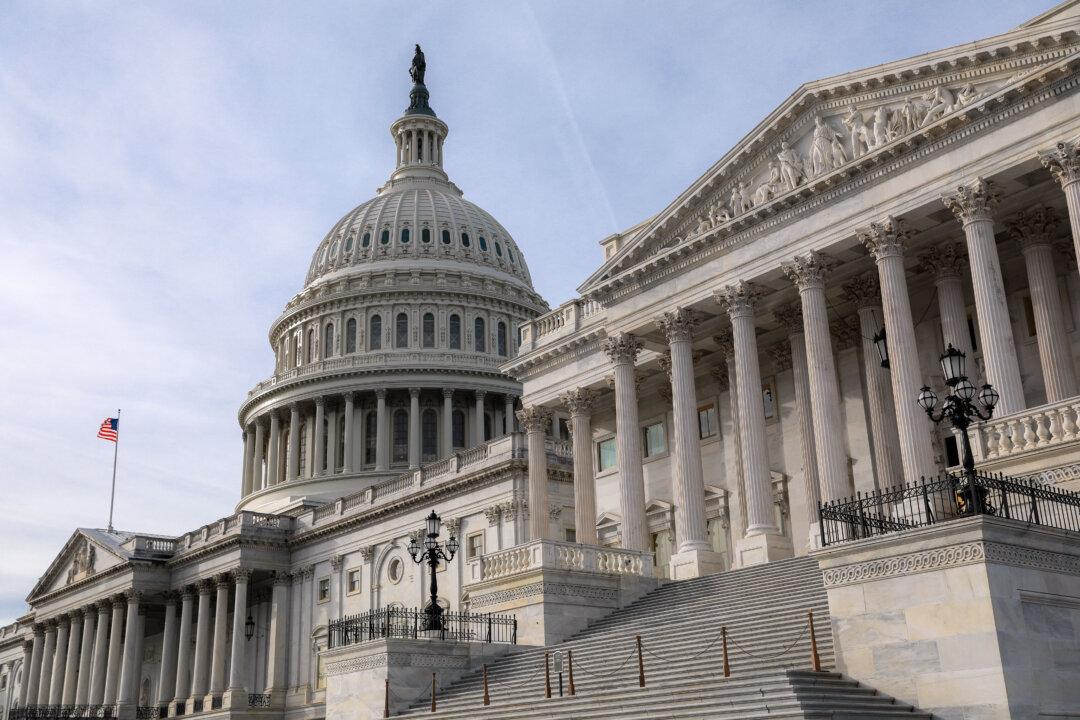WASHINGTON—Key House Democrats are moving forward with plans to bring back earmarks—taxpayer-funded special interest projects once dubbed “the gateway drug to federal spending addiction”—although Senate Republicans show no signs of easing their opposition to the practice.
House Appropriations Committee Chairwoman Nita Lowey (D-N.Y.) met Jan. 28 with her panel’s subcommittee leaders and a number of members facing tough reelection battles in November to discuss restoring earmarks—rechristened as “community projects”—that were banned by congressional Republicans in 2011.





